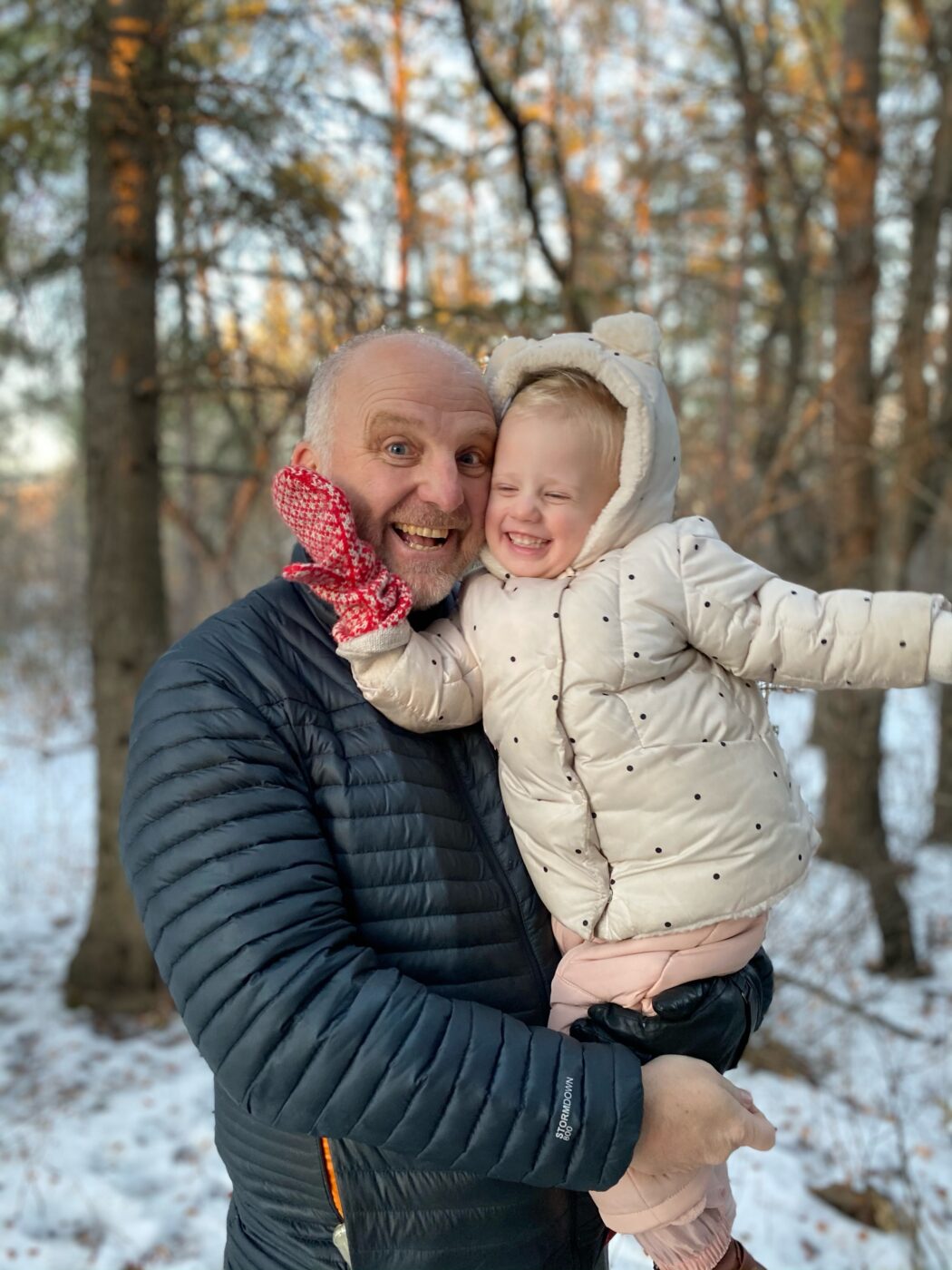I realize that depending on where you live, you’ve been back to school for a while. For my oldest granddaughter, this is her first day of 2nd grade in a brand new school. I’m thinking about her today. But I’m also thinking about her teachers. I want them to be ready, excited, and equipped to give Harriet a great start and a great year.

Several years ago, I wrote a Back to School Speech that was written in response to many of the bad speeches I had heard. It got quite a bit of response including a district that created a video from it. I wanted to rewrite it with a slightly different feel but a similar tone. I used ChatGPT to provide some of the reframing to include some of the new challenges of burnout and anxiety that many teachers and students face. This one, like my previous speech is written as a Superintendent or School leader:
Good morning, everyone,
I know the start of a school year can be overwhelming, with endless tasks ahead of you and so many responsibilities pulling you in different directions. But before you dive into your preparations, I wanted to take a moment to share some thoughts with you.
First, I hope you truly had a chance to rest and recharge over the summer. In today’s world, our work has only become more complex and demanding. The pressures on you as educators are immense, from meeting curriculum standards to addressing the diverse needs of each student in your care. It’s no small task, and that’s why it’s so important to prioritize your well-being. You cannot pour from an empty cup.
As we begin this school year, I want to remind you that taking care of yourself is not only necessary but critical. Lean on us—your leadership team. We are here to support you, and we will hold you accountable for balancing your passion for your work with your health and happiness. You don’t have to do it all alone. Let us help you when things feel overwhelming. We also expect you to hold us accountable. When we are asking for unreasonable things, you need to let us know. While we have the greatest faith in your ability, we sometimes ask too much. As a system we’ve not done a great job at making your job better. While we know it’s always going to be hard, we want you to thrive and we will examine everything that’s not working towards that goal and together we want to improve it. We won’t tell you to “do yoga” as a solution. That’s a bandaid at best.
Yes, teaching is increasingly complex, and the world outside our classrooms is more chaotic than ever. But never forget: what you do here goes beyond any curriculum or academic standard. The role you play in shaping minds, hearts, and lives is perhaps one of the most significant ways we can all make the world a better place. Your influence extends far beyond the walls of your classroom. Remember that the little things you do every day—the kind word, the encouragement, the patience—those are the things that change lives. While we’re good at measuring achievement as described by test scores and grades, we want to continue to consider curiosity, well-being and belonging as even more important. I realize that can sound like a platitude but as leaders we need to work with you to make that a thing.
You’ve done this before. You’ve succeeded before. When the days feel long, remember that this school year is not a sprint, but a marathon. Pace yourself. Celebrate the small victories along the way and take time to reflect on the great work you’ve done in the past. My friend Joe Sanfelippo says “Start and end each day with joy.” Share your learning—both your successes and your challenges—with your colleagues. Cut yourself some slack when things don’t go as planned because none of us are perfect, but we are always growing. While we all are striving for the very best all the time, sometimes “good enough” is “good enough“.

So, as we embark on this new journey together, know that you have a community behind you, cheering you on. Go help your students to learn, smile, and belong. Ask hard questions, try new things, and share your experiences. And above all, find joy in the process. It’s not only okay to have fun, it’s essential.
This year is your year. We’ve got your back.
(Image by MidJourney)



